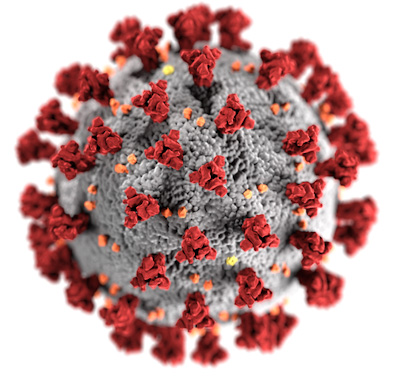The SCACR and the Central Council are acutely aware of the importance of ringing as a hobby. For many, it is a way of life and the enforced abstinence from ringing has caused a great deal of frustration and unhappiness. Any return to ringing, when allowed by the Government and the church, will nevertheless need to take full account of the severity of COVID-19 and accept that, for the time being at least, a complete return to “normal ringing life” is unlikely to be possible for some significant time.
The UK Government’s COVID-19 recovery strategy is available online.
Summary of Updated Church Guidance
Following the House of Bishops meeting on 5th May, the instruction is that just one “appointed person” may enter a church for one of four limited reasons, including daily prayer and the ringing of a single bell. The appointed person would usually be one of the clergy, or else a single churchwarden or member of the PCC. This does not allow clergy to get a ringer to ring a bell for them – unless the ringer is the churchwarden or PCC member who will also say daily prayers and deal with the other limited reasons. That means no team ringing at present.
Ringing and chiming
- Ringers should not enter the church or tower for chiming, ringing or any other purpose under any circumstances unless they are the one “appointed person” for that church as defined by the guidance from their Diocesan Bishop.
- Not more than one bell should be rung under current church guidance and only by the “appointed person”.
- Care should be taken to ensure all clock hammers and any external chiming
hammers are pulled off before either chiming or ringing. - Always refer to both Church of England and local Diocesan guidance for more detail.
Hand hygiene
For those who are “appointed persons” and wish to chime or ring a single bell: - Sanitizer should be applied to the hands and allowed to dry fully before and after ringing activities.
- No other substance than hand sanitizer should be applied to the hands before ringing, including spitting on or licking the hands
Maximum numbers of people in a ringing room - No person other than the appointed person should enter the tower at any time and especially during chiming.
The latest guidance from the Church of England is available on their website.
Central Council Guidance – Ringing and COVID-19: What are the risks and what might we do about them?
The latest guidance from the Central Council (CCCBR) is always available at: https://cccbr.org.uk/coronavirus/. A detailed analysis from Dr Philip Barnes and Dr Andrew Kelso is now available to download. This document seeks to provide information and advice for ringers and those responsible for bell towers regarding Coronavirus Disease 2019 (COVID-19) and what issues ringers and church authorities should consider in responding to changes in Government guidance as we start to ease the current lockdown.
The situation for ringing is difficult and complex. Ringing rooms are unlike the rest of the church building in many respects, so there may be times when what is safe elsewhere in a church is not safe in the tower. The virus can survive on some surfaces for up to 72 hours; it is likely that the virus will survive on ropes for several hours – i.e. the duration of a practice or longer. Access to ringing rooms is often via a narrow, poorly ventilated passage or spiral staircase where it is impossible to get through without touching the sides or using the handrails. Ground-floor rings often have easier access but are therefore more accessible to non-ringers. The use of glycerine or liquid chalk on hands will diminish the effectiveness of hand-cleaning or sanitising. The use of gloves and face-masks have little real benefit (taking them off involves touching them and therefore spreading viruses and bacteria). Of all the issues to consider, safe distancing is the most difficult – there are very few towers, if any, where all of the ropes are 2 m or more apart.
The Central Council’s document clearly explains the risks and proposes several possible mitigation options. None of the suggestions can be implemented at present as we are not allowed to ring; indeed, it may yet be considerable time before they could be.








